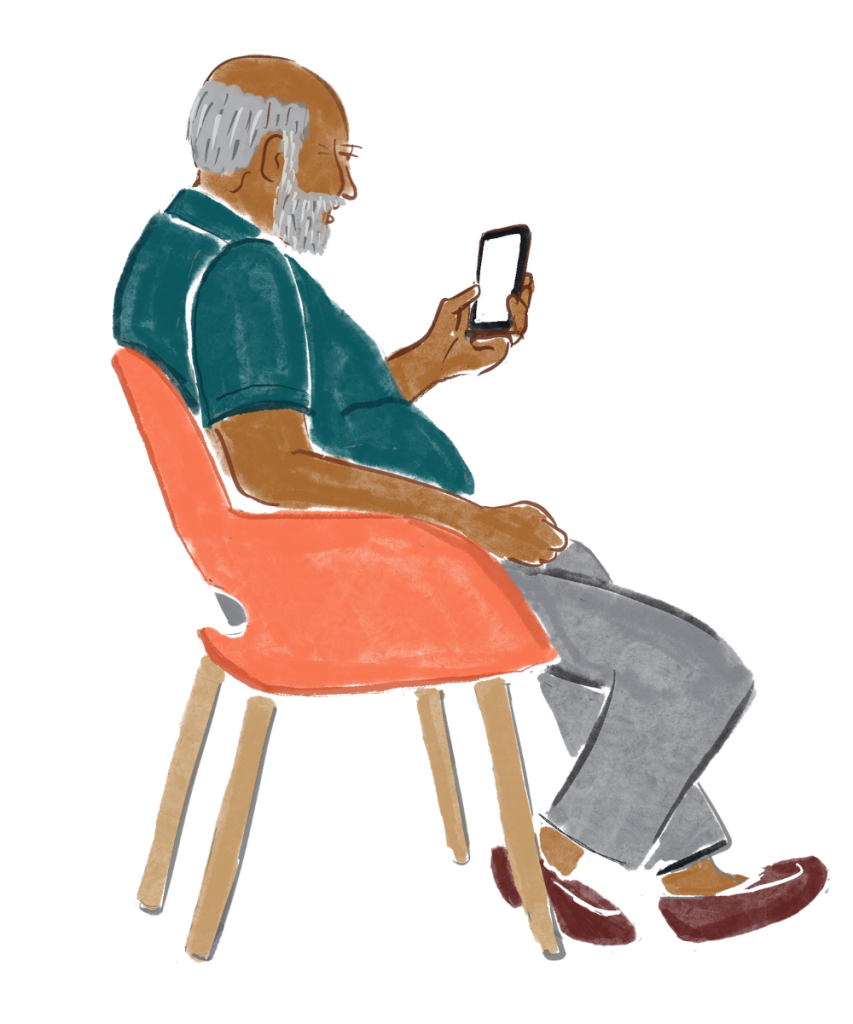FAQs on SmartAssist
Finding legal help quickly by using your own words.
Finding legal help quickly by using your own words.
You can use SmartAssist to explore our library of self-help resources.
Use SmartAssistIf this is your first time using AI, or you want to learn more about why we’ve built SmartAssist, read our answers to the Frequently Asked Questions below.
SmartAssist can help you figure out which free legal resources you may need.
It uses artificial intelligence (AI) to take your own words and suggest which areas of law your legal problem may fall into.
SmartAssist will take your own description of your legal problem, and suggest the relevant areas of law. Based on these areas of law, SmartAssist will show you the self-help resources that may be able to help you.
No. You have the choice to use SmartAssist, or browse through our library of self-help resources manually to find the right resource for you.
SmartAssist is only used to help categorise legal problems, and is operated by Justice Connect.
Your descriptions will be anonymously stored by Justice Connect, so we can continue to learn how the community describes their legal problems in their own words, and inform the use and development of our artificial intelligence model. But we will not know who you are, or be able to contact you about your description. If you’re interested in learning more about how we protect your privacy, you can read our Privacy Policy.
We’re working hard to ensure the model is built ethically and is fair for everyone. The project is driven by rigorous ethics standards, including ethical AI and inclusive technology best practice principles from the Australian Human Rights Commission.
Justice Connect is grateful to Telstra for their generous support to create SmartAssist. Learn more about Telstra’s work building Australians’ digital skills and confidence so they can take part in the online world.
SmartAssist uses an artificial intelligence model created through a partnership between Justice Connect and the University of Melbourne School of Computer Science.
Since beginning the project in 2020, our AI model has been trained on over 12,000 real-life, de-identified data samples from our clients and the broader community, which have been analysed by volunteer lawyers and tagged with areas of law that relate to the specific sections of text.
We’re also proactively addressing potential biases by gathering samples from under-represented or marginalised communities. Your use of SmartAssist will help us collect more anonymous language samples, which can increase its accuracy and inclusivity.
We created SmartAssist because we saw a need in the people we help.
Our research showed that 45% of people applying for legal help were not confident in identifying the area of law their problem belonged to.
From this, we saw an opportunity to use artificial intelligence to help people identify the legal issues they may be experiencing, and connect them with the relevant information from our library of self-help resources. This increases the likelihood they can access appropriate and timely legal help.
We first incorporated our AI model into our online legal application form, and saw that it helped reduce the amount of people who were unsure what legal category their problem fell into. Through SmartAssist, we are now incorporating the model into our library of self-help resources to ensure more people can connect with the legal help that is right for them.
In a few words, you’ll tell us what you need help with. Then, SmartAssist will suggest more information about the legal issue that might cover your situation.
Use SmartAssist